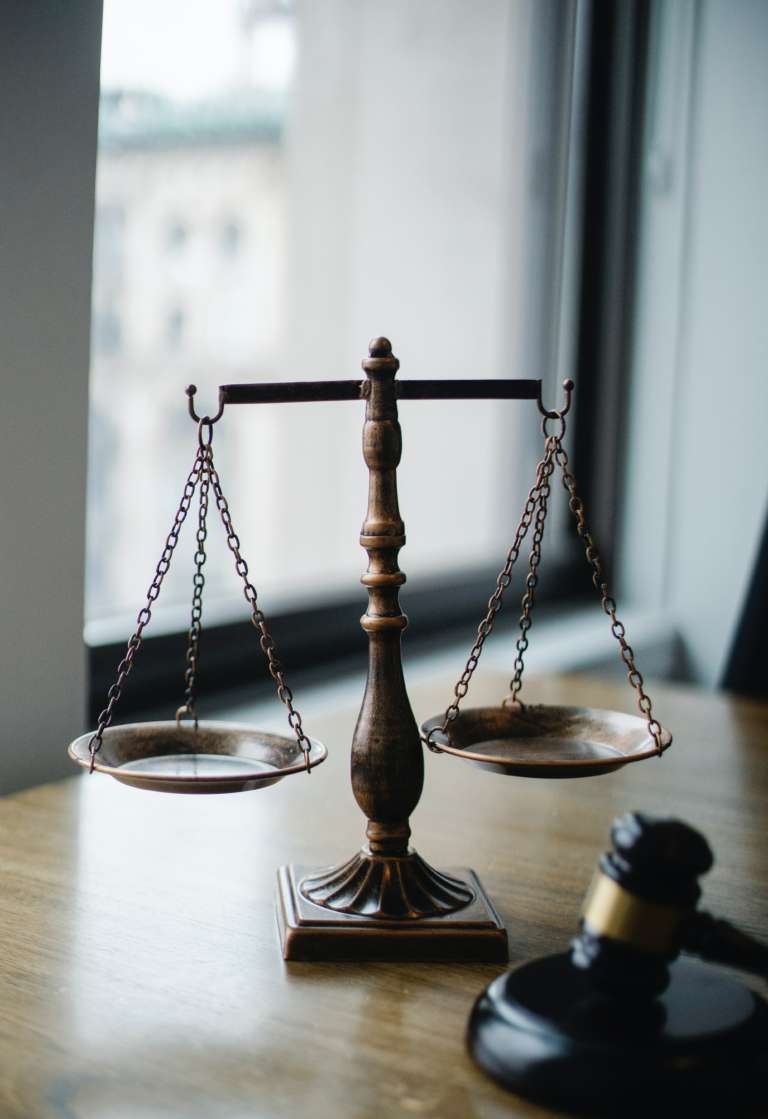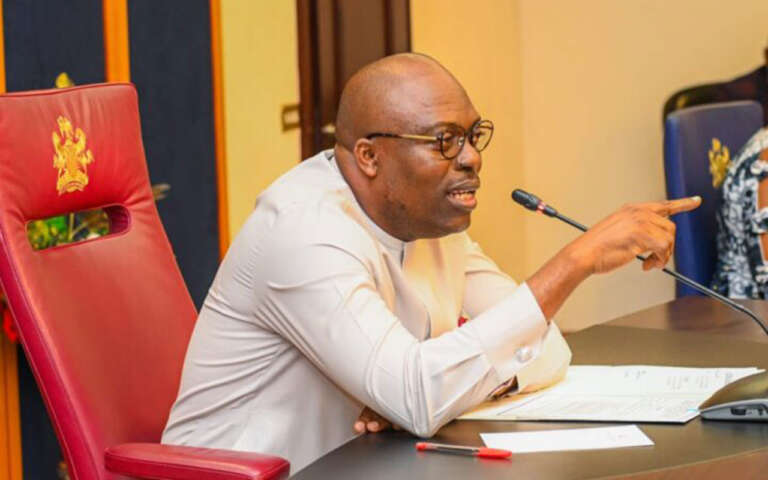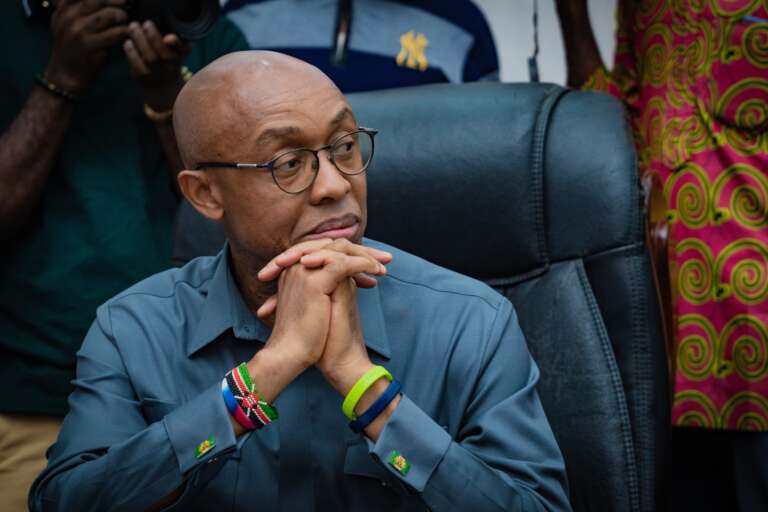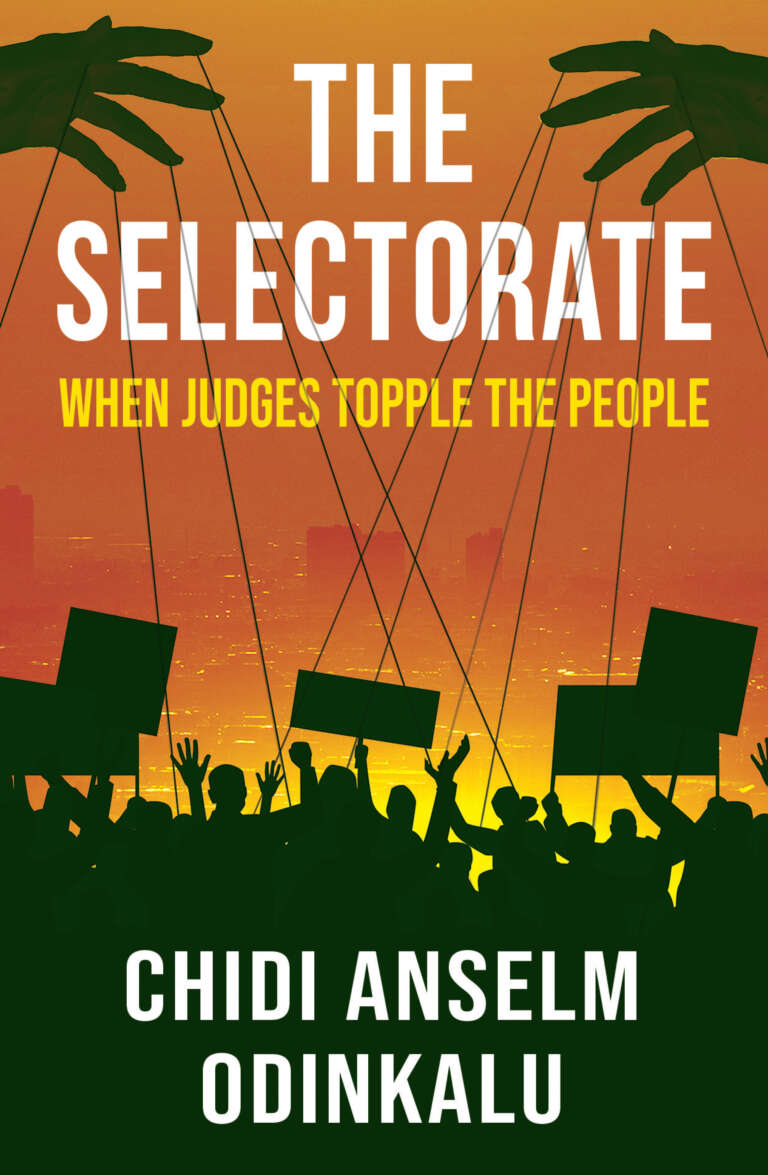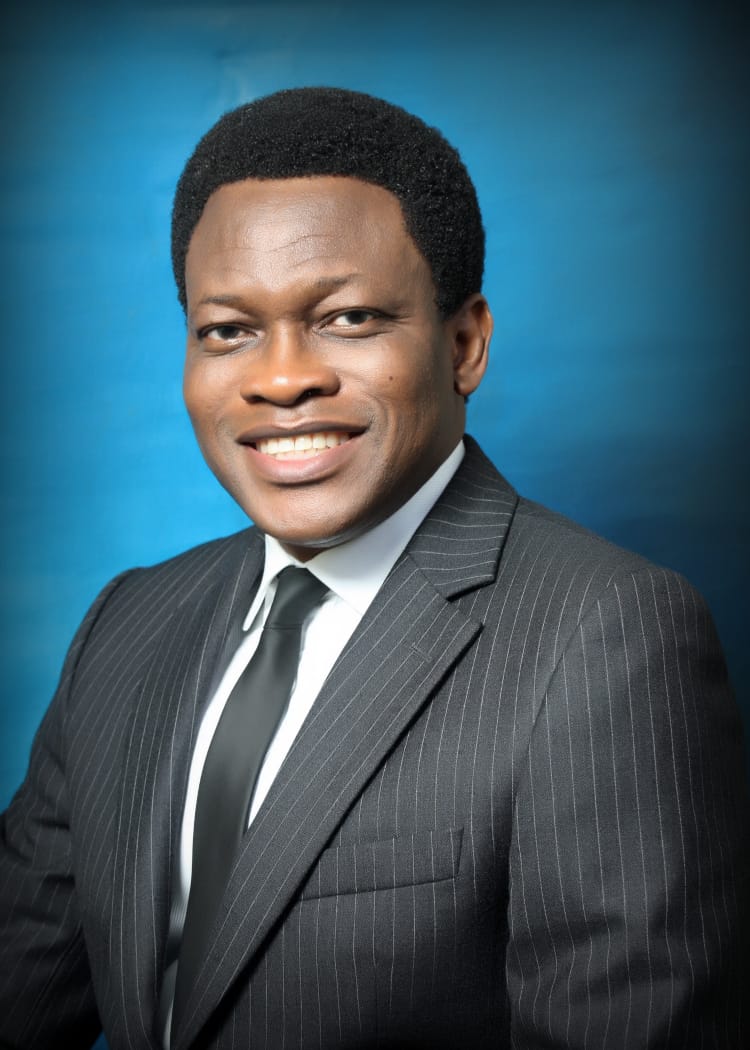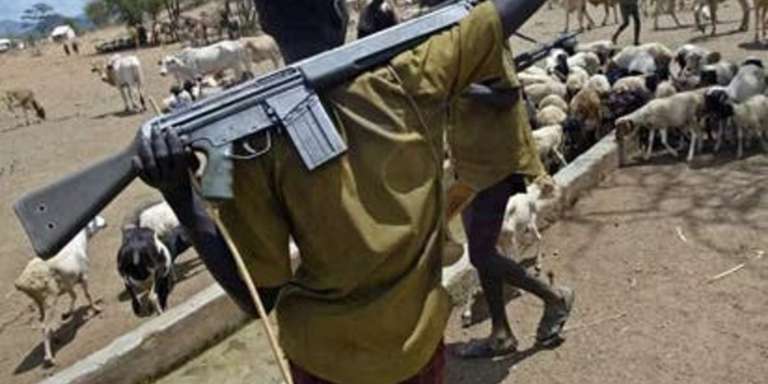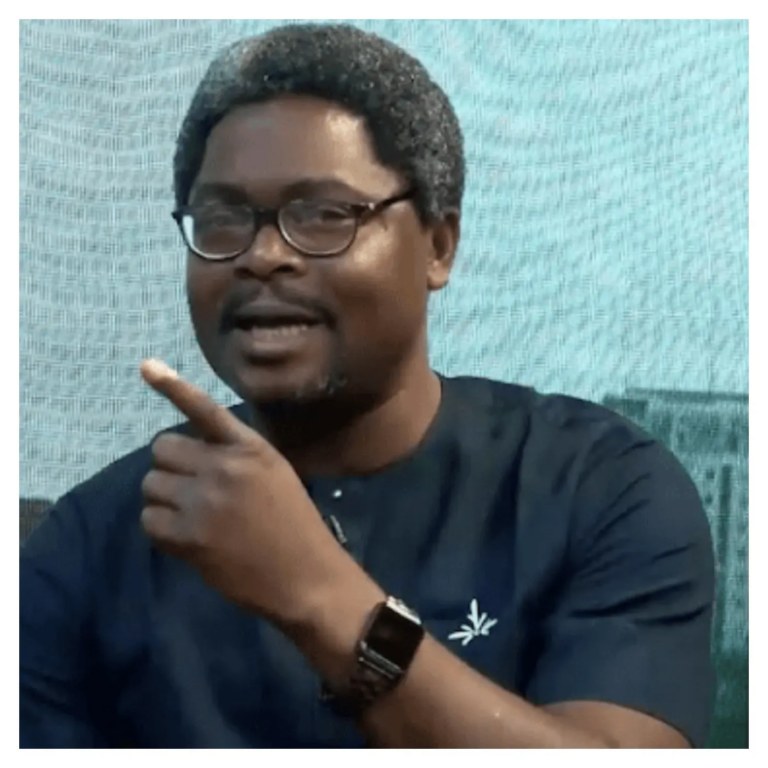Speech delivered by the Planning Committee at the Western Nigeria Security Summit attended by over 1000 delegates from across Western Nigeria, organized by Yoruba Assembly in collaboration with Pan Yoruba groups held on Thursday April 03,2025 at the Oranmiyan Hall, Ikeja as presented by Adewale Adeoye
I welcome you all on behalf of the Planning Committee of this historic summit.
We have brought this summit together in the face of daunting challenges that affect the security and livelihood of our people that live in Western Nigeria comprising Lagos, Ogun, Oyo, Osun, Kwara, Kogi, Ondo, Ekiti, Edo and Delta States. We are also deeply concerned about the plight of our indigenous peoples who live in the North West and the North East and the tribulations they have endured for years in the face of terrorist upsurge that have taken the lives of thousands of our people.
Our indigenous territories are ancient, populated by first nations who had settled on their ancestral land for more than 3000 years ago, long before Nigeria was created by the British in 1914.
The people in these territories are forest dependent. The forest is our mother. The forest is our health, our spirituality. Any attack on our forest is an assault on our livelihood, on our past, present and future. The forest, the lush green, the rare plant and animal species, the beautiful trees and flowers, and the land, the mountains, the lowland, the valleys, the ocean and the streams, the shores and the natural resources have sustained our people for centuries. But now, they are under threat. We have no place to run to. We have to fight or die in order to live.
For generations, our people have seen wars and have seen peace. We have fought many battles and have triumphed. The people always devised their own means to defeat their enemies long before the creation of Nigeria. There is no time the people surrendered their sovereignty to any authority. In 1914, the sovereignty was taken without prior and informed consent of the people.
The people never lack the will, the determination to take back their sovereignty especially when those that hold in trust look away as the people are raped, mass murdered, sacked from their ancestral homes and made to beg their oppressors and invaders before they could live and sleep in their motherland.
We have always been determined to live and die on our land, on our own terms and not on the terms of our oppressors. Today, a new form of war has been brought to our fatherland by people alien to values and cultures we cherish. Our land has been violently invaded.
The livelihood of the people is under ferocious assault. The land is under siege. The people have waited for more than one decade for freedom, sugbon Kaka ki ewe de, pipele lon peke si.The intensity of attacks, kidnapping, violent invasion of our land and our forests have increased tremendously. Our people are tired but they are not too weak as not to be able to resist the armed invaders with all their strength.
Food Security
The South West States face threats from food insecurity due to the attacks launched consistently by nomadic terrorists. Starvation is not on our doorstep. The armed groups not only attack our farmlands, they burn down forests, pollute the air, water, our sacred stream, our spiritual temples, our worship places and ancient sacred groves. Stable food and cash crops production has declined. The burning down of our rich forest resources deplete the fertility of our soil, pollute the air and destroy the ozone layer. It assaults the spirit of our forefathers. For the past 15 years, agriculture and food production have suffered tremendous downturn. There is no way our people will continue to watch the continuous destruction of our being and essence.
Our farmers can no longer go to farms. Our women are so scared of going to the stream for fear of rape. We understand some women have been kidnapped and taken to the Sahel to be forcefully married or killed. We may never see them again. Fishermen and women are scared away from the ocean shores. Our dignity is trampled. Our honour is taken away, our ego bruised. Our pride, our past, our present and our future are held in the palms of violent extremists who appear to be insistent on taking over our indigenous homeland by force of arms. The last time we saw this was in 1800s when the same people invaded our land and took away young people and women, one of who was Bishop Ajayi Crowther, kidnapped from Oshogun.
Today, the security situation call people naturally to resistance. The cup of the oppressors is filled up. The message from our people is: We can no longer breathe. Our people are dying. In our towns, villages, hamlets and cities, our people are frustrated. They need hope in the place of despair. They need to expunge terrorists from their homeland. They have waited for too long. Efforts have been made by the state and Federal Governments, but those efforts are far from being enough. With armed men in our forests, foreign investors are scared away, our people in Diaspora fear to plunge to death by bringing their investments to the South West.
Frontiers of death
In the Kogi axis, between Ikoro and Iyemero, in Ekiti bandits operate in the vast forest to the extent that ransom collected from Ondo state are exchanged in this forest. Kabba, Moro, Ifelodun, Jebba all in Kwara State, Itapaji, Irele, Okeako, Ogbe, Egbe, Jege have become axis of terror so are Akoko Edo, Warri, Shaki.
The roads between Ibadan and Okeogun are riddled with armed men operating as kidnappers and murderers. In many of these forests, skeletons of women and children killed by the terrorists litter. In Ondo state, almost every month witnesses speak of terrorist attacks. Ogun State and Lagos have their own bitter stories to tell so also is Edo and Delta. We hear stories of women raped in the presence of their children and husband. We hear stories of children raped, and even young boys and adults sodomised.
In recent years, Kogi and Ekiti States have witnessed several tragic incidents involving the deaths of traditional rulers:
Chief David Obadofin: The traditional ruler of Aghara in Kabba-Bunu Local Government Area was abducted on April 10, 2023, and reportedly died in captivity on April 20, 2023, due to torture inflicted by his kidnappers.
Chief Ojo Olayinka: The Elepe of Ohi-Ogidi in Ijumu Local Government Area was attacked and killed on his farm by suspected terrorists on February 7, 2024.
His Royal Highness Shagari Ebije’ego Job: The Onu of Itama in Dekina Local Government Area was gunned down by hoodlums in September 2024.
On January 29, 2024, two traditional rulers in Ekiti State were tragically killed by gunmen. The Elesun of Esun Ekiti, Oba David Babatunde Ogunsakin, and the Onimojo of Imojo-Ekiti, Oba Olatunde Samuel Olusola, were ambushed and shot dead along the Oke-Ako road in Ikole Local Government Area. The Alara of Ara-Ekiti, Oba Adebayo Fatoba, who was with them, managed to escape.
No group of people should accept this shame.
The deep feeling among our people is this: How would others consider armed Yoruba, Edo or Itsekiri groups going to operate in Katsina, Kano, Bornu, Yobe, invade their forests, murder their women and men and then kidnap and dismember their bodies consistently for more than ten years?
Terrorism Financing
Terrorism in Western Nigeria is an organize international crime consortium. They are well funded. The millions they collect in ransom is not invested in stock exchange but in the purchase of illegal weapons. The terrorists are prepared to live in our forests, come rain and sunshine. But to some of our own people,to even come to a meeting to discuss our plight, they want to be paid. The terrorists prefer to walk in the bush for days in pursuit of their cause.
The founders of Boko Haram were all young men and highly educated in science and art. They have access to local and global terrorism financing.
Last year, 21 individuals and six entities were listed as financiers of terrorismin NIgeria. One of them, Abdulsamat Ohida is a senior commander in Islamic State for West Africa Provice.He was a key suspect in the bombing of St Francis Catholic Church,Owo in Ondo State on June 5,2022. Shekau pledged alliance to Abu Bakr al Baghdadi while Musab al Barnawi was trained in Algeria and in Somalia. Shekau is Kanuri, but speaks English, Hausa, Arabic and Fulfude. Bello Turji is Fulani. His allegiance is to the Al Quada in the Margreb region. On December 18, 2024 the BBC reported that 2.2trillion was collected as ransom by kidnappers in Nigeria in just two years. This speaks to the challenges at hand in Western Nigeria.
The Edo Killing
The killing of 16 people in Edo State is unfortunate. We condemn it.No society should tolerate mob action. It is noteworthy too, that the response from a section of the country to the unfortunate killing of 16 people in Edo by agitated indigenes is a big lesson to leaders in the South and the Middle Belt. The core Northern leaders are calling for ultimatum to fish out the killers. They have set up a committee in Kano to fish out the killers. Unfortunately, the same people have failed to show similar concern about the deaths, in hundreds, of many of our people in the North West and North East. They keep quiet on the killings in the Middle Belt.
The actions of the Northern leaders to the killing in Edo is a lesson to the people of Western Nigeria that they have to also show deeper concern to the plight of our people in the North who are daily victims of terrorism that the same Northern leaders have found no reason to condemn with nothing done by the government or the host communities to appease the victims and their families. It is also a wakeup call to our people that we need to hold accountable those who killed four traditional rulers in Yorubaland, who kidnapped school children in Emure, Ekiti State who sacked 2000 people from Yelwa in Ogun State and who bombed Owo in Ondo State. The responses to the Edo killing from a section of the country has shown clearly that the political leaders in Western Nigeria can do more to raise their voices against the killing of their own people right in their motherland.
We have gathered here to chart a new course in our collective desire to ensure our homeland is secure, safer and more conducive to live without the fear of terrorists and without the fear to die in the most humiliating manner. I hope we shall come with resolutions that will talk and walk in they most dignifying manner that would restore the floundering honour of our long suffering people. Thank you all.

